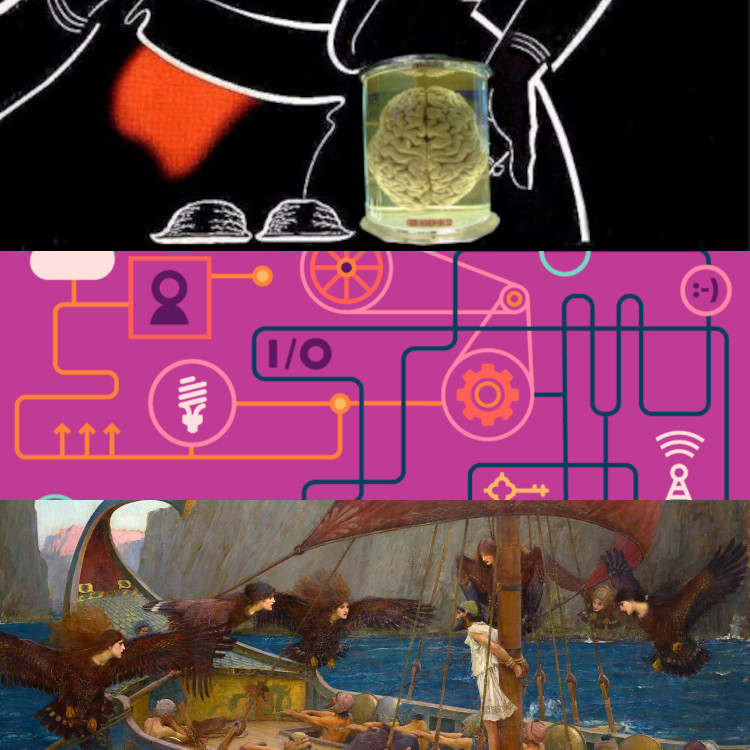
Today's Twitter threads (a Twitter thread).
Inside: Privacy Without Monopoly; Broad Band; $50T moved from America's 90% to the 1%; and more!
Archived at: pluralistic.net/2021/02/13/dat…
#Pluralistic
1/
Inside: Privacy Without Monopoly; Broad Band; $50T moved from America's 90% to the 1%; and more!
Archived at: pluralistic.net/2021/02/13/dat…
#Pluralistic
1/

This weekend, I'm participating in Boskone 58, Boston's annual sf convention.
boskone.org
Tonight, on a panel called "Tech Innovation? Does Silicon Valley Have A Mind-Control Ray, Or a Monopoly?" at 530PM Pacific.
2/
boskone.org
Tonight, on a panel called "Tech Innovation? Does Silicon Valley Have A Mind-Control Ray, Or a Monopoly?" at 530PM Pacific.
2/
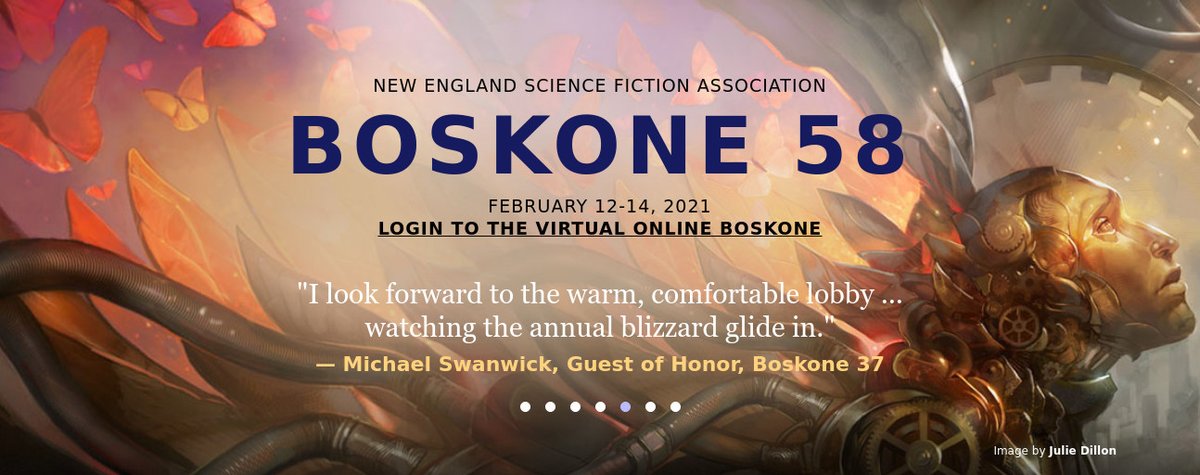
Privacy Without Monopoly: A new EFF white paper, co-authored with Bennett Cyphers.
3/
https://twitter.com/doctorow/status/1360459236019347458
3/
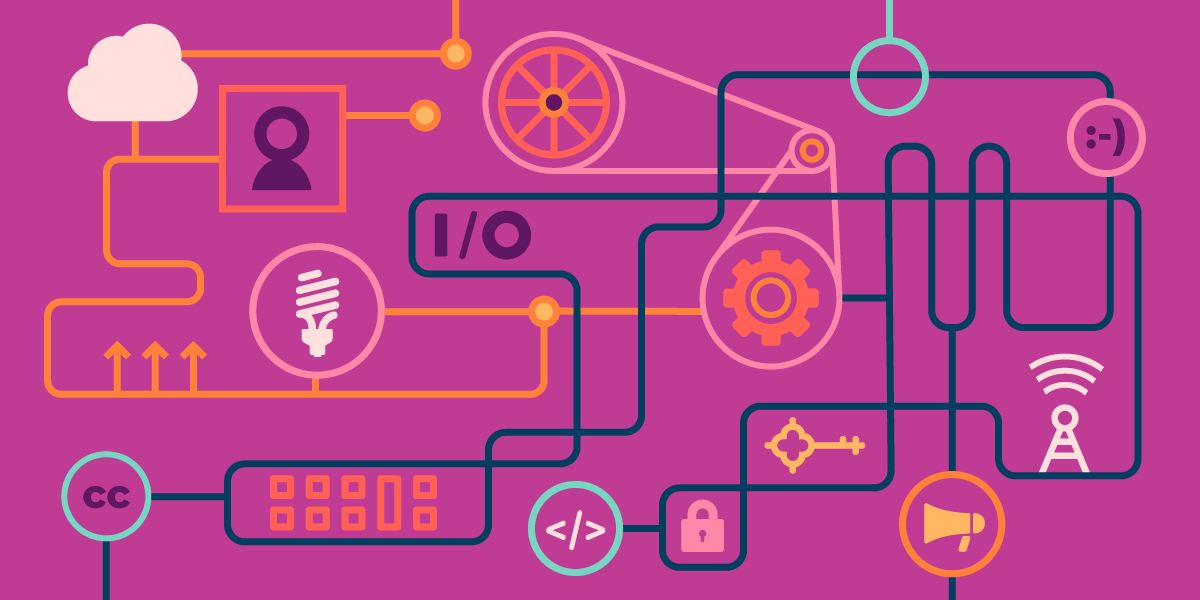
Broad Band: Claire L Evans's magesterial history of women in computing.
4/
https://twitter.com/doctorow/status/1360639645848137729
4/
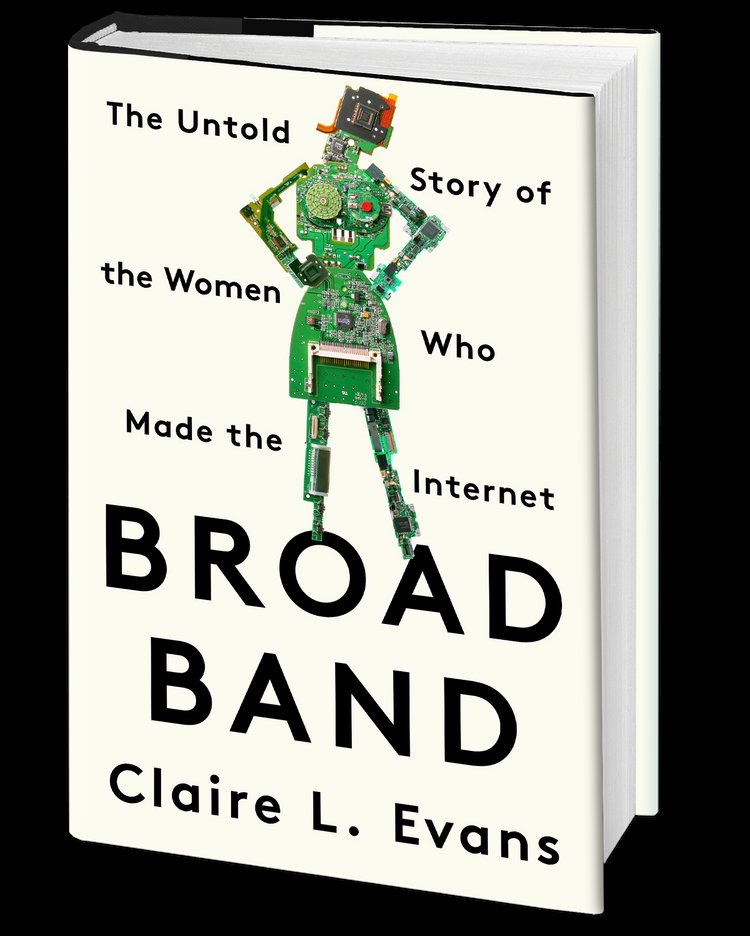
$50T moved from America's 90% to the 1%: The hereditary meritocracy is in crisis.
5/
https://twitter.com/doctorow/status/1360655213292519424
5/
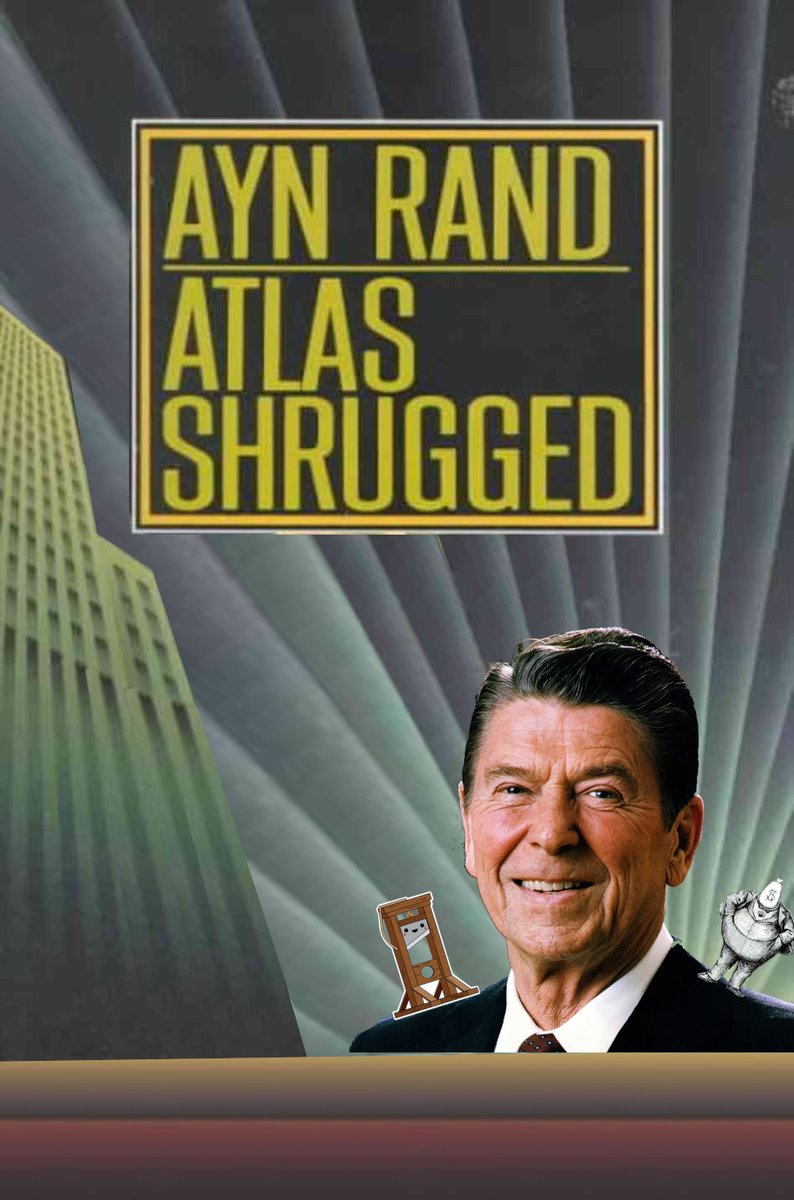
#15yrsago Google Video DRM: Why is Hollywood more important than users? memex.craphound.com/2006/02/13/goo…
#10yrsago Nokia’s radical CEO has a mercenary, checkered past mercurynews.com/2008/01/11/rss…
#5yrsago I was a Jeopardy! clue memex.craphound.com/2016/02/13/i-w…
6/
#10yrsago Nokia’s radical CEO has a mercenary, checkered past mercurynews.com/2008/01/11/rss…
#5yrsago I was a Jeopardy! clue memex.craphound.com/2016/02/13/i-w…
6/
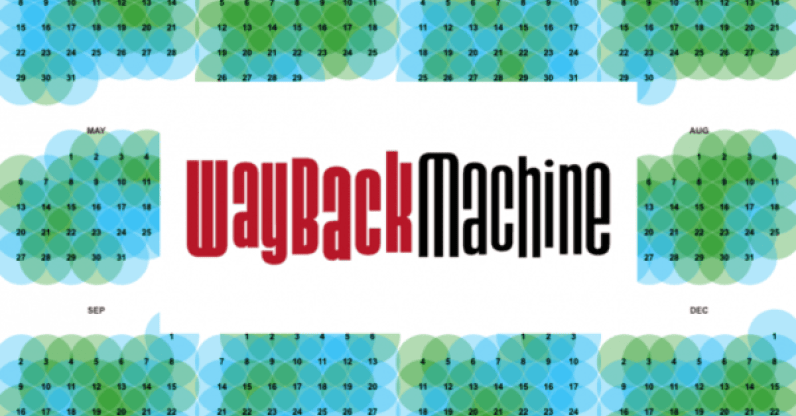
Yesterday's threads: Aaron Epstein got fiber; Ajit Pai, plague villain; and more!
7/
https://twitter.com/doctorow/status/1360269858127048707
7/
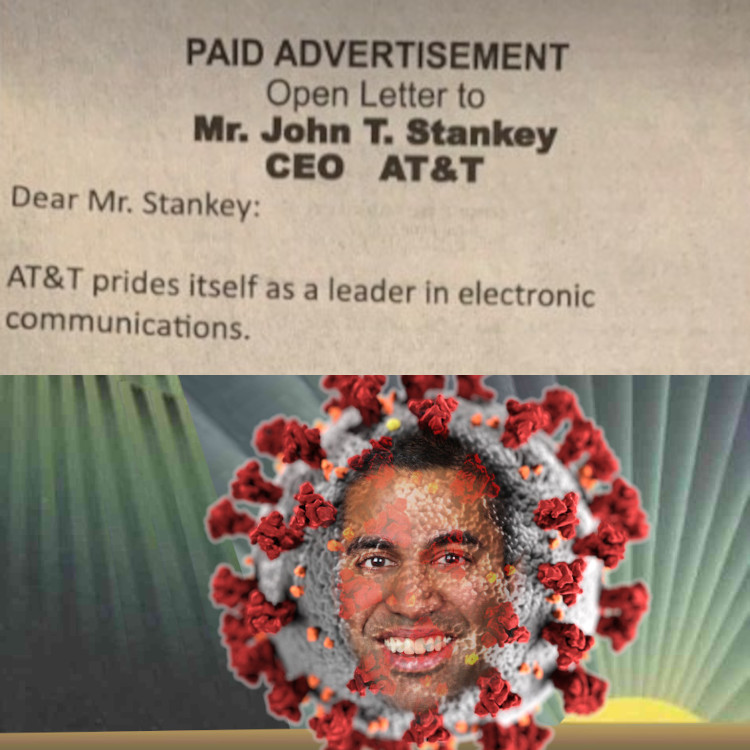
My latest novel is Attack Surface, a sequel to my bestselling Little Brother books. @washingtonpost called it "a political cyberthriller, vigorous, bold and savvy about the limits of revolution and resistance."
Get signed books from @darkdel: darkdel.com/store/p1840/Av…
8/
Get signed books from @darkdel: darkdel.com/store/p1840/Av…
8/
My 2020 book "How to Destroy Surveillance Capitalism" is a critique of Big Tech connecting conspiratorial thinking to the rise of tech monopolies and proposing a way to deal with both:
onezero.medium.com/how-to-destroy…
Now, it's available in paperback!
bookshop.org/books/how-to-d…
9/
onezero.medium.com/how-to-destroy…
Now, it's available in paperback!
bookshop.org/books/how-to-d…
9/
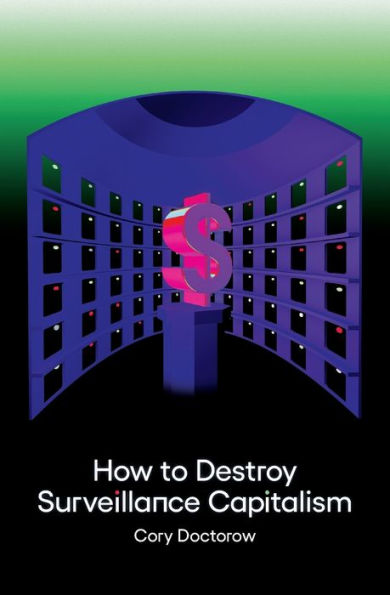
My ebooks and audiobooks (from @torbooks, @HoZ_Books, @mcsweeneys, and others) are for sale all over the net, but I sell 'em too, and when you buy 'em from me, I earn twice as much and you get books with no DRM and no license "agreements."
craphound.com/shop/
10/
craphound.com/shop/
10/

Upcoming appearances:
* Boskone, 58, Feb 12-15, boskone.org
* Technology, Self-Determination, and the Future of the Future (Purdue CERIAS), Feb 17, cerias.purdue.edu/news_and_event…
* Keynote, NISO Plus, Feb 22, niso.plus/cory-doctorow-…
11/
* Boskone, 58, Feb 12-15, boskone.org
* Technology, Self-Determination, and the Future of the Future (Purdue CERIAS), Feb 17, cerias.purdue.edu/news_and_event…
* Keynote, NISO Plus, Feb 22, niso.plus/cory-doctorow-…
11/
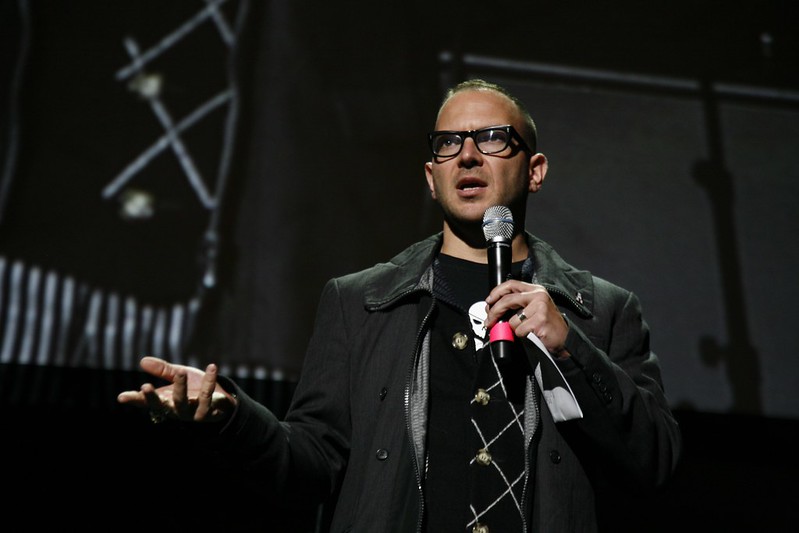
Recent appearances:
* Chop Shop Economics soundcloud.com/chopshopeconom…
* Monocle Reads monocle.com/radio/shows/me…
* Hedging Bets on the Future (Motherboard Cyber):
play.acast.com/s/cyber/hedgin…
12/
* Chop Shop Economics soundcloud.com/chopshopeconom…
* Monocle Reads monocle.com/radio/shows/me…
* Hedging Bets on the Future (Motherboard Cyber):
play.acast.com/s/cyber/hedgin…
12/
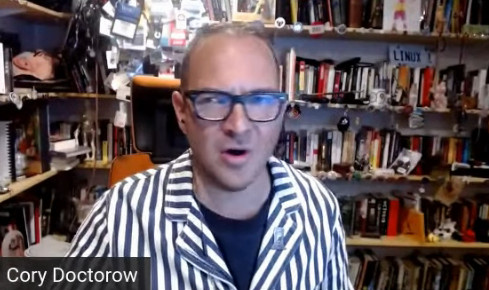
My first picture book is out! It's called Poesy the Monster Slayer and it's an epic tale of bedtime-refusal, toy-hacking and monster-hunting, illustrated by Matt Rockefeller. It's the monster book I dreamt of reading to my own daughter.
pluralistic.net/2020/07/14/poe…
13/
pluralistic.net/2020/07/14/poe…
13/
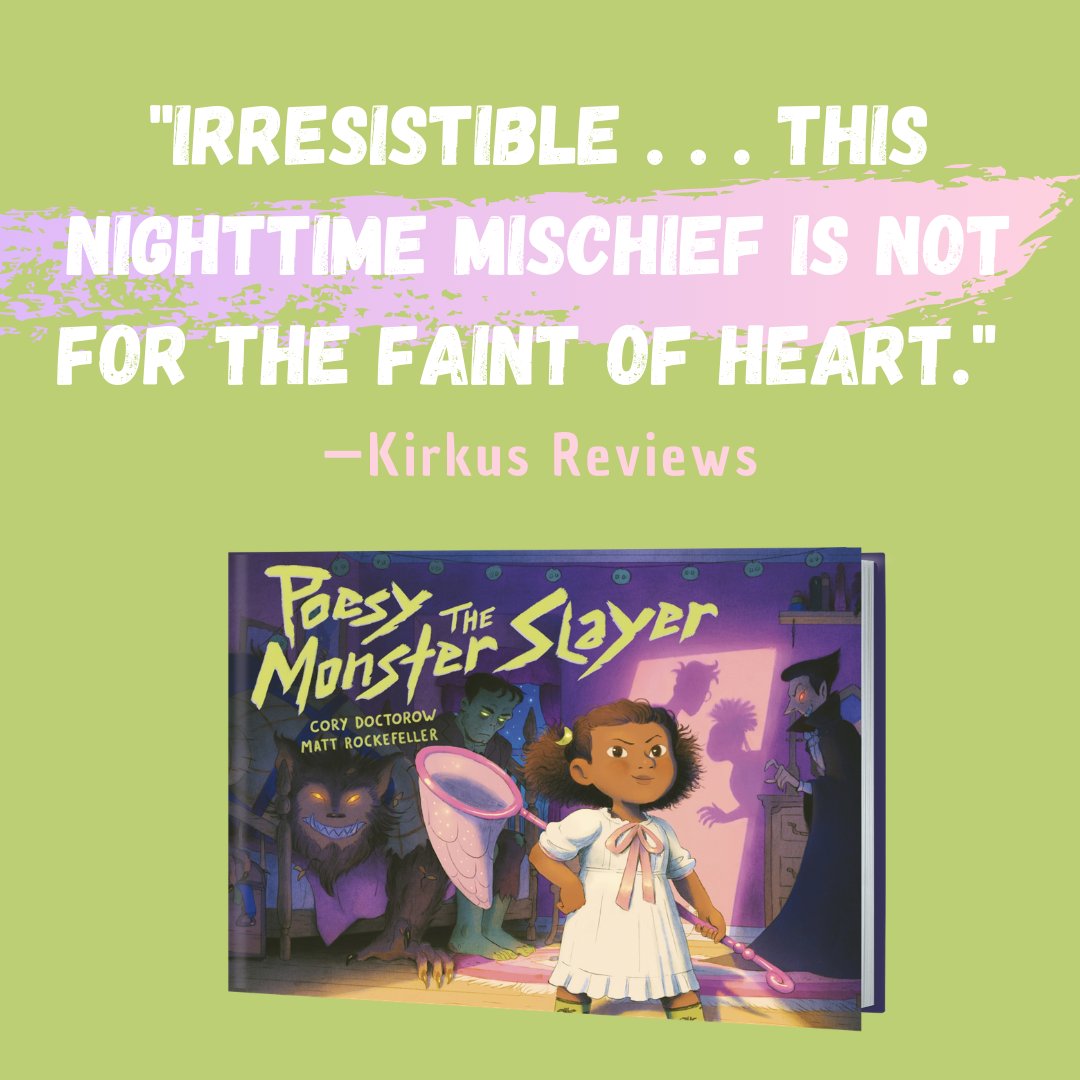
You can also follow these posts as a daily blog at pluralistic.net: no ads, trackers, or data-collection!
Here's today's edition: pluralistic.net/2021/02/13/dat…
14/
Here's today's edition: pluralistic.net/2021/02/13/dat…
14/
If you prefer a newsletter, subscribe to the plura-list, which is also ad- and tracker-free, and is utterly unadorned save a single daily emoji. Today's is "🥶". Suggestions solicited for future emojis!
Subscribe here: pluralistic.net/plura-list
15/
Subscribe here: pluralistic.net/plura-list
15/
Are you trying to wean yourself off Big Tech? Follow these threads on the #fediverse at @pluralistic@mamot.fr.
Here's today's edition: mamot.fr/@pluralistic/1…
16/
Here's today's edition: mamot.fr/@pluralistic/1…
16/
• • •
Missing some Tweet in this thread? You can try to
force a refresh


